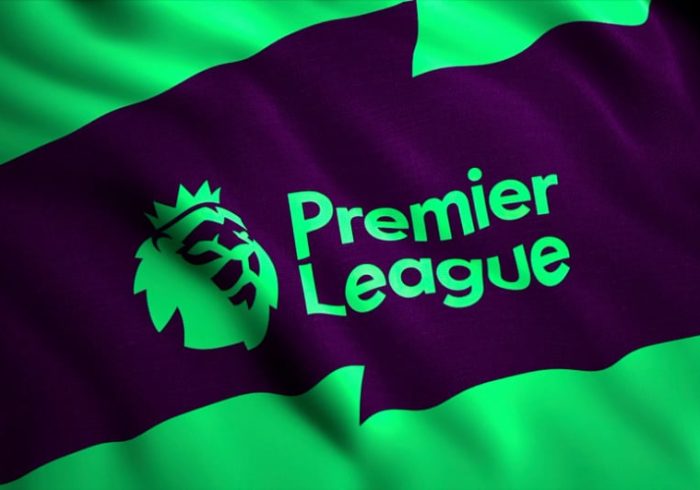
According to Pew Research, just under one in five Americans gambled on sports last year. [Image: Shutterstock.com]
Indications from the survey
Nearly one in five US adults bet on sports in 2021, according to a Pew Research report released Wednesday.
19% of respondents participated in some form of sports gambling
6,034 adults were polled from July 5-17 as part of the study. The results showed that 19% of respondents participated in some form of sports gambling, with 15% saying that they wagered casually with friends or family, a private pool, or a fantasy sports league.
8% of people polled said that they had bet on sports at a sportsbook, race track, or kiosk. 6% of the audience claimed to have placed bets online—there was an overlap between the two groups.
Americans continue to bet on sports
For as much noise as there has been made about the sports betting industry, Pew’s data suggests that there is still lots of room to grow.
In 2021, sports betting generated over $4.29bn in revenue in the United States. From a purely mathematical standpoint, if that revenue came from just 19% of adults, following Pew’s analysis, the market could grow to over $22.5bn with 100% participation. That is not counting for inflation or increased stakes.
Big-money regions such as California, Texas, and Florida are also absent from the totals above. Once their markets become operational, both the averages and totals figure to rise purely based on their financial power.
Americans have risked over $125bn on sports betting since a 2018 Supreme Court decision opened the doors to widespread legalization. Thirty-one states plus Washington, DC have legal betting markets, while several others are primed to join the list.
The American Gaming Association (AGA) is also expecting an uptick in gambling during the NFL season. According to estimates, 46.6 million American bettors will put money up before the Super Bowl in February 2023.
The AGA’s sentiment seemed to be confirmed during week one of the season when geo-location data revealed a 71.5% year-to-year increase in betting. According to tracking company GeoComply, there was a massive expansion in gambling’s reach, as locals could ditch offshore sportsbooks for their newly legalized options.
Demographic trends
Pew’s survey revealed interesting demographic distinctions related to gambling.
24% of men supported sports gambling, while only 15% of women could say the same. 22% of respondents under 50 years old were in favor of gambling, while only 17% of the over-50 crowd were.
27% of Black and 24% of Hispanic respondents reported gambling, while just 18% of white and 10% of Asian respondents did.
certain categories did not provide any distinction
However, certain categories did not provide any distinction. Education, for example, was irrelevant, with 18% of college grads and 20% of non-college grads reporting gambling. Wealth also was irrelevant, with 22% of high-income, 19% of middle-class, and 19% of lower-income respondents reporting gambling.
Political affiliations also did not provide any insight into gambling habits. 21% of Democrats and Democrat-leaning subjects had gambled within the last year, while 19% of Republicans and Republican-leaning respondents had also gambled over the last 365 days.
57% of the polling audience felt that sports gambling was neither good nor bad for modern society. 49% also said that it was neither good nor bad for sports themselves.




